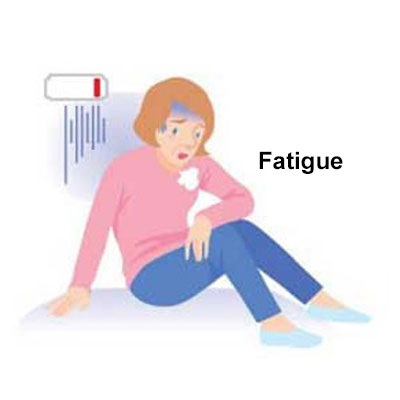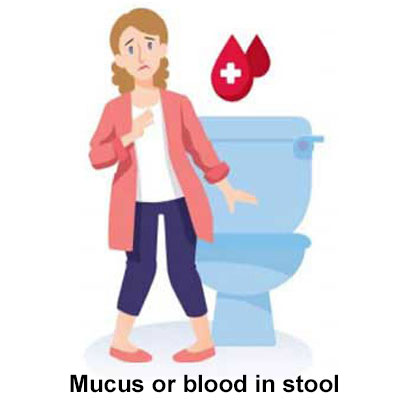Ulcerative colitis (UC)
-
About Ulcerative Colitis
Ulcerative colitis is an inflammatory bowel disease (often abbreviated IBD), which means there is inflammation in the bowel that can cause symptoms and damage.
What happens in ulcerative colitis?
In ulcerative colitis, there is inflammation of the large bowel (intestine).
What causes ulcerative colitis?
The inflammation in ulcerative colitis is believed to be due to activity of the immune system but the exact cause is unknown. Diet and stress are not believed to cause inflammatory bowel diseases.
The disease is not contagious.
-
Symptoms
What are the symptoms?
- The symptoms will vary from person to person, and from time to time. People can experience flare-ups that can be mild to severe, with periods without symptoms in between.
- Common symptoms include abdominal pain, diarrhoea (sometimes with blood and mucus), constipation, nausea and sometimes fatigue.
Please contact your doctor if your symptoms change.
-
Diagnosis and Treatment
A gastroenterologist will diagnose and treat ulcerative colitis.
How is it diagnosed?
It can be difficult and take several months to diagnose ulcerative colitis, especially when the symptoms are mild. Your doctor will make a diagnosis based on your symptoms and some tests, which can include blood tests, a stool specimen, internal bowel examination with a flexible tube called an endoscope, imaging tests such as a CT (computed tomography) or MRI (magnetic resonance imaging) scan.
How is it treated?
- Treatments are available to control the inflammation and reduce symptoms.
- Although inflammatory bowel diseases like ulcerative colitis are not caused by particular foods or food allergies, many people do adjust their diet to reduce symptoms.
Please contact your doctor for further information about your condition and treatment.
References
1. Gastroenterological Society of Australia. IBD: Crohn’s disease and Ulcerative Colitis Factsheet. Available at https://www.gesa.org.au/public/13/files/Education%20%26%20Resources/Patient%20Resources/IBD/16_%20IBD-Crohns-Colitis_Fact-Sheet.pdf. Accessed April 2021.
2. Victoria State Government. Better Health Channel. Crohn's disease and ulcerative colitis. Available at https://www.betterhealth.vic.gov.au/health/conditionsandtreatments/crohns-disease-and-ulcerative-colitis. Accessed April 2021.






